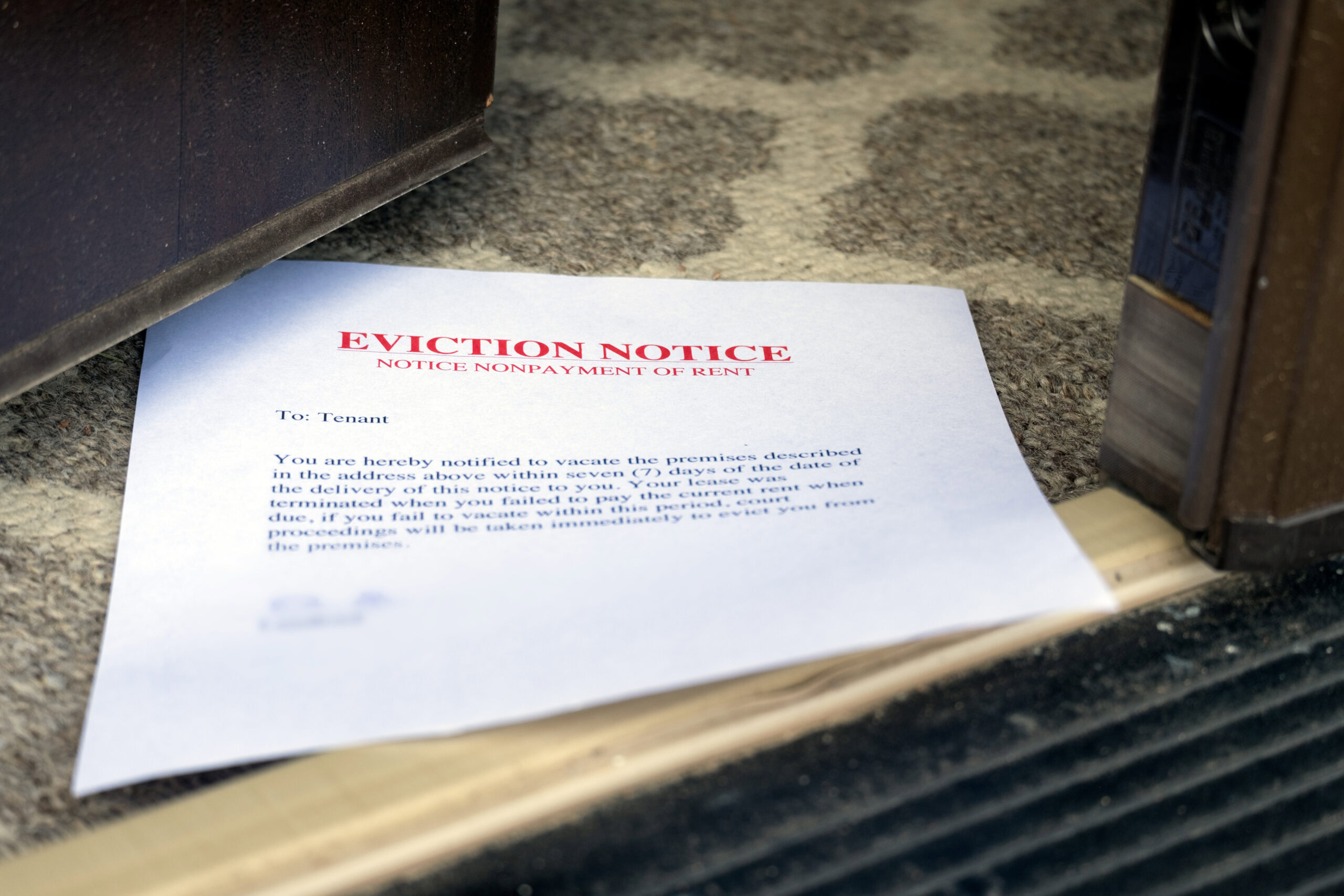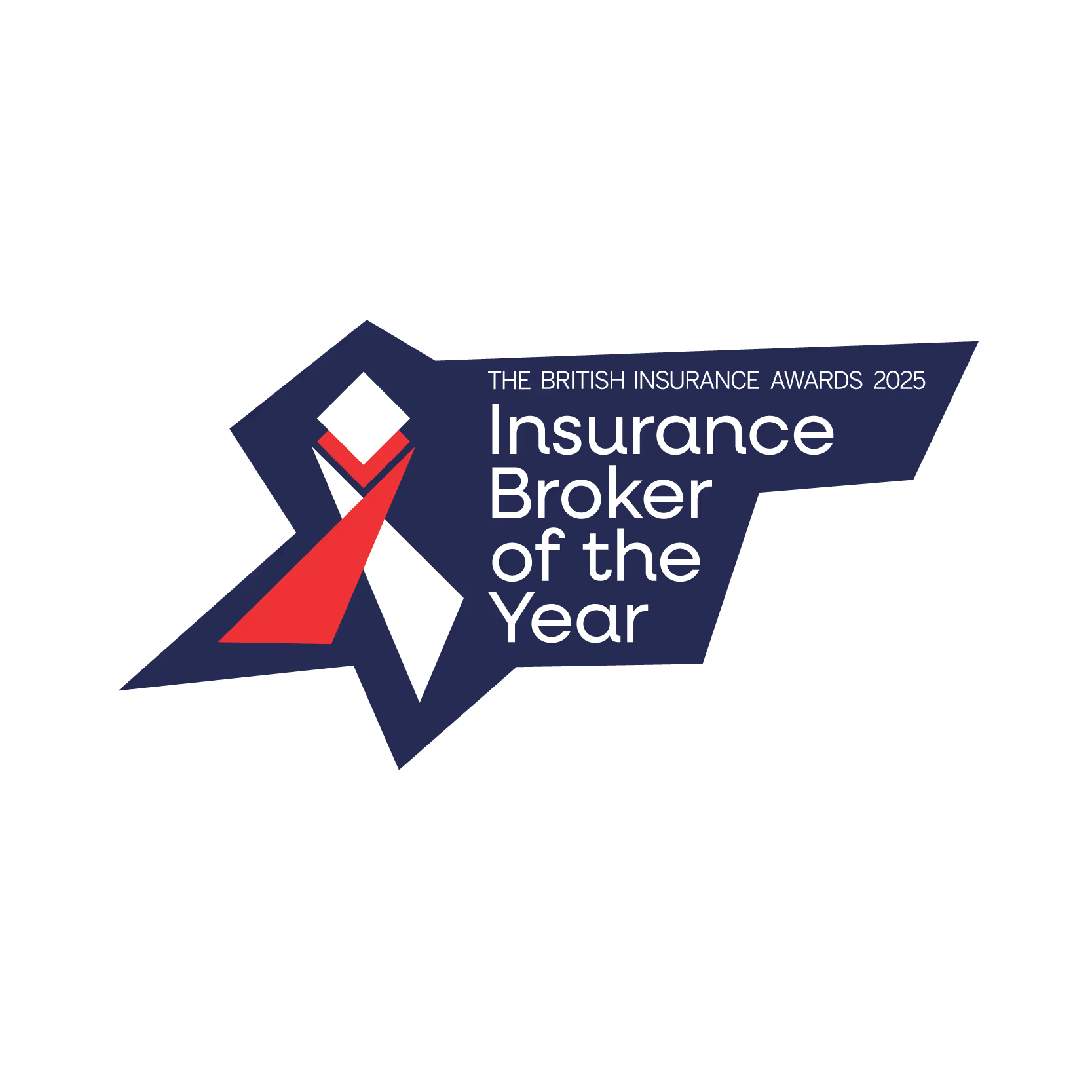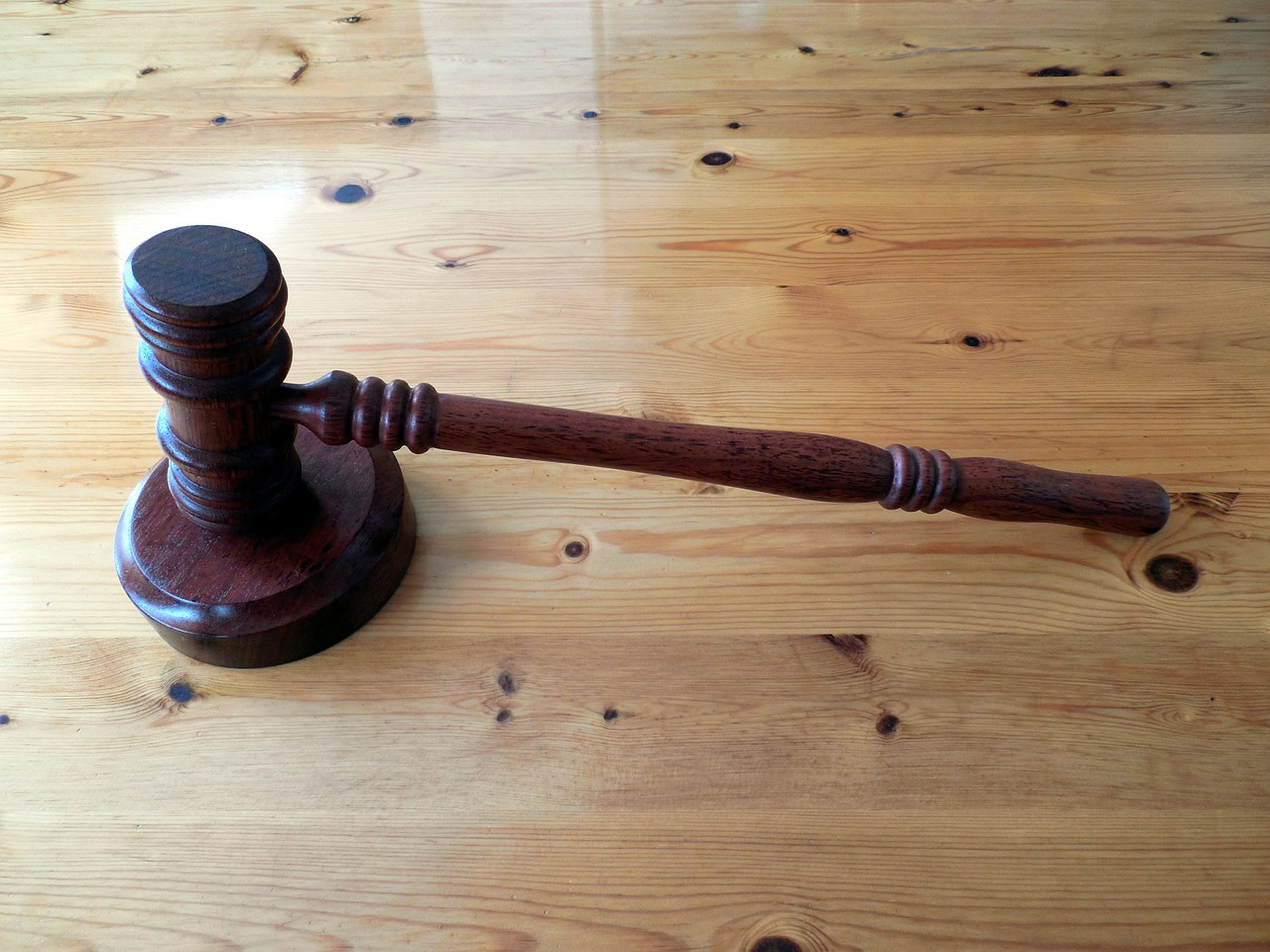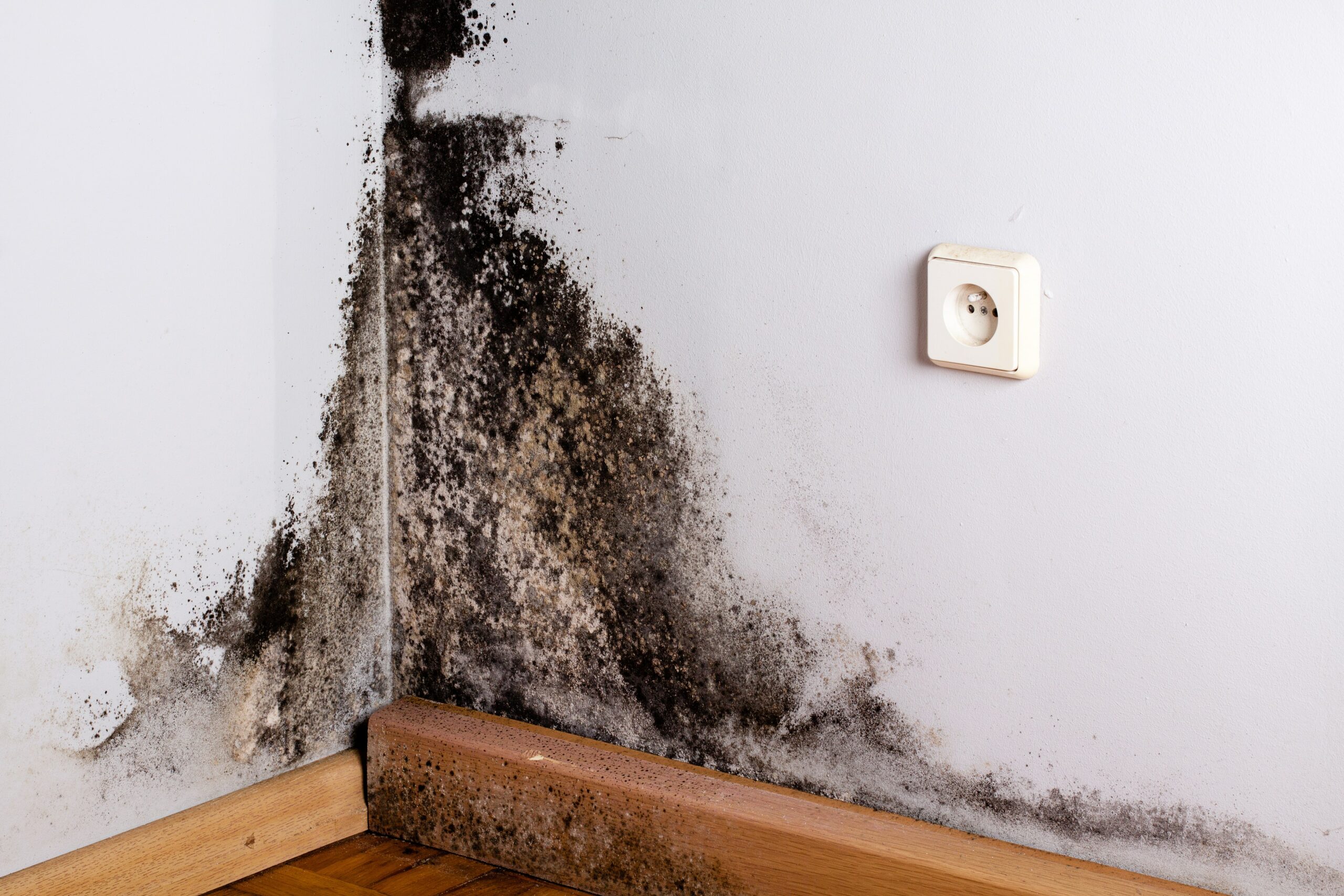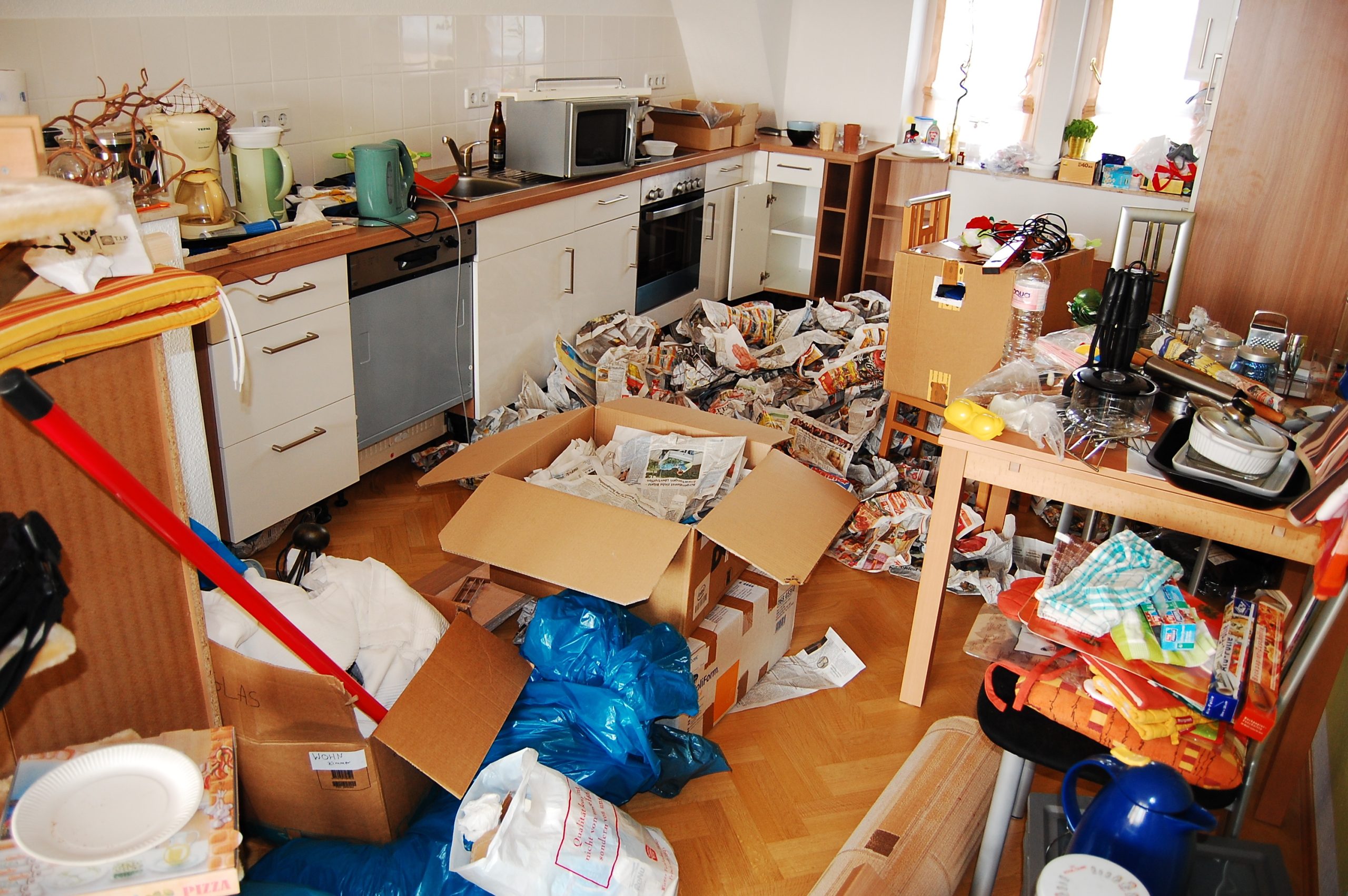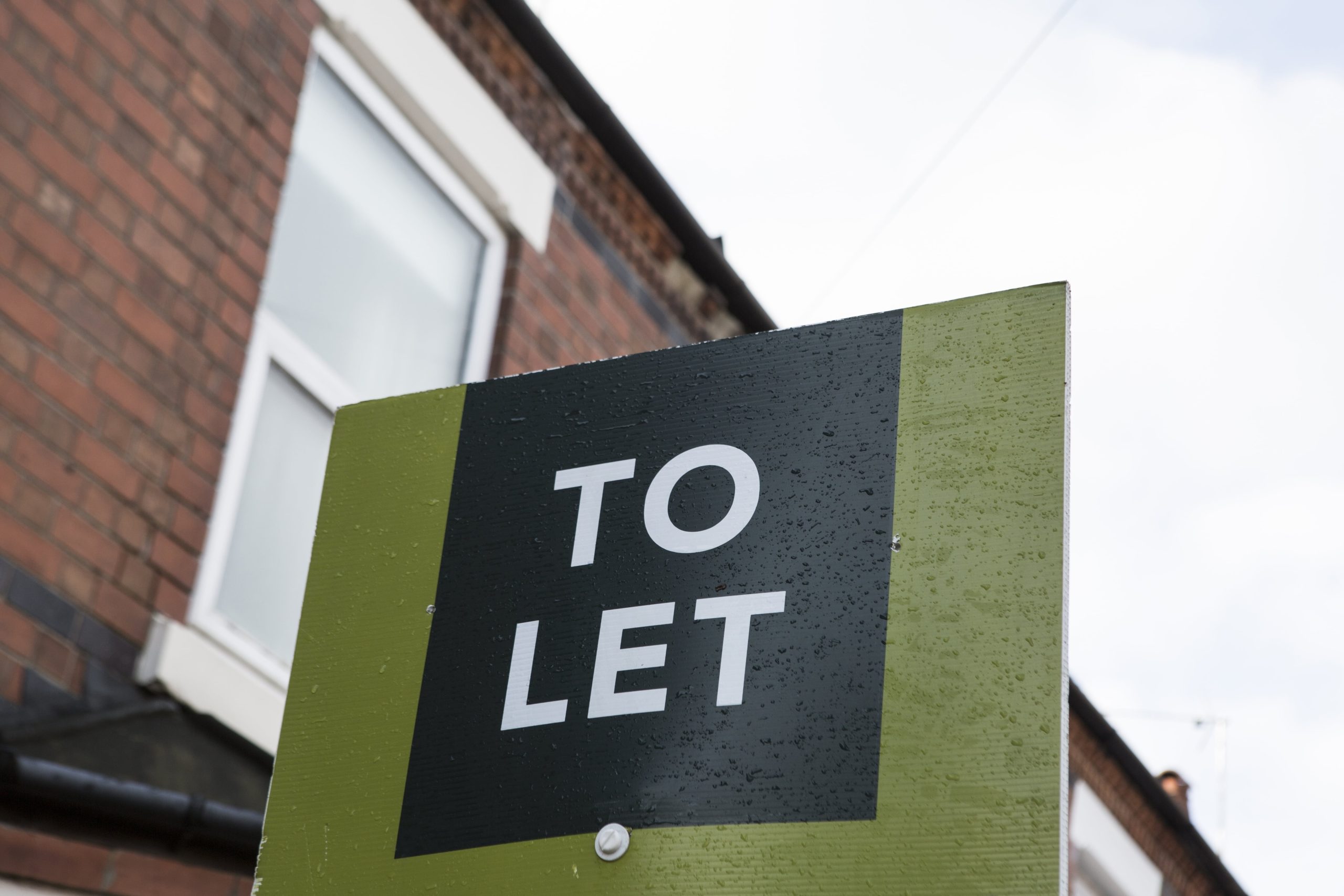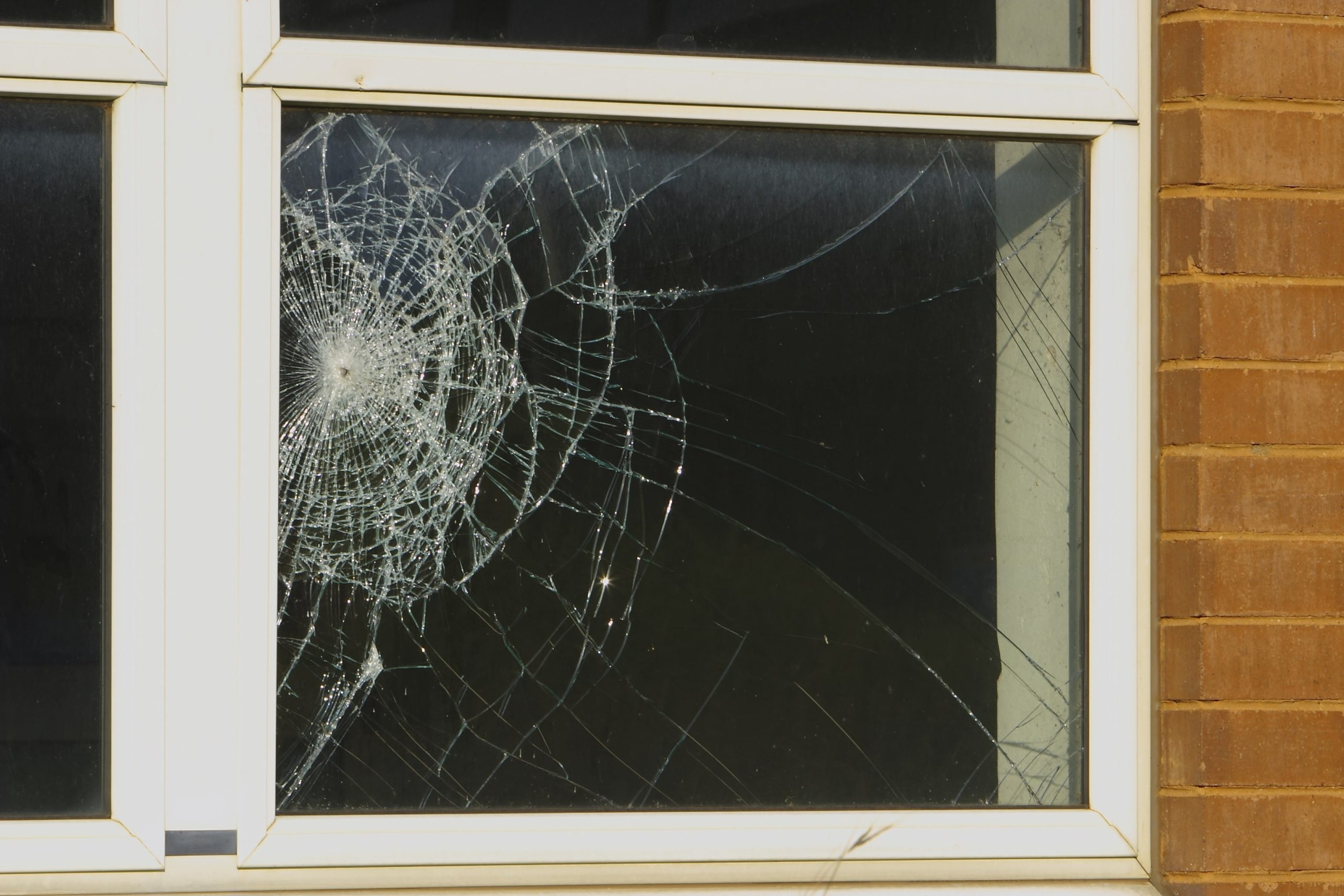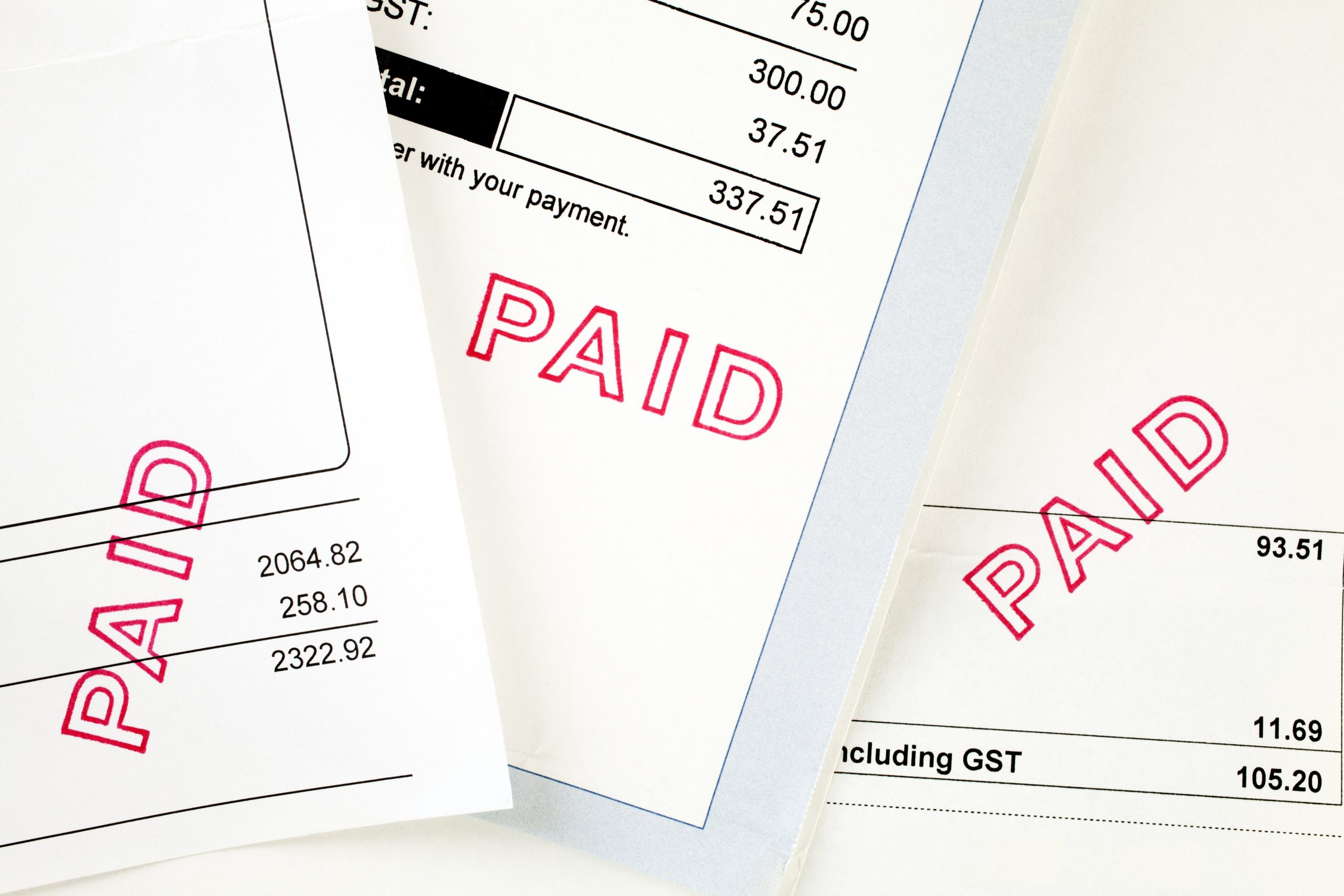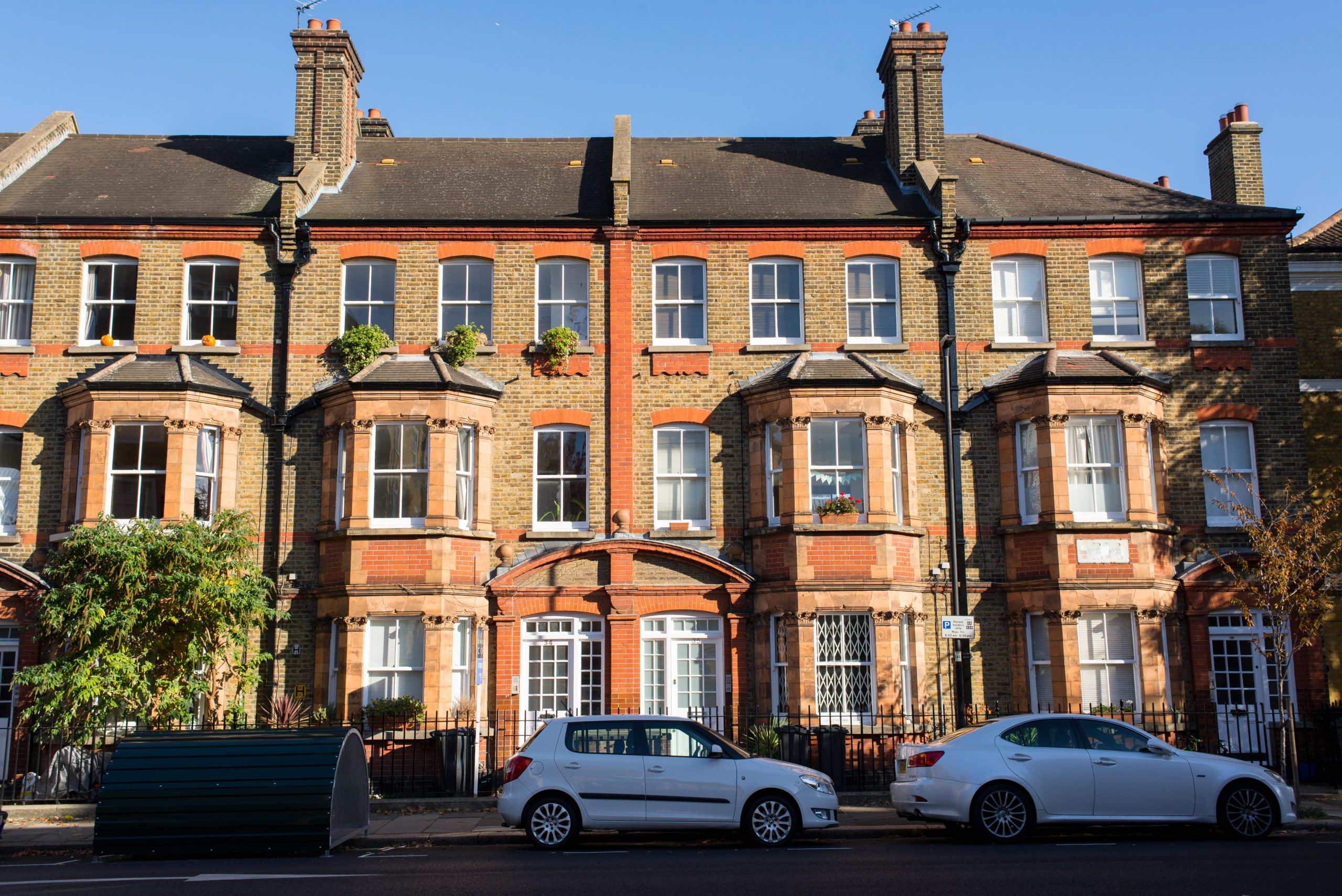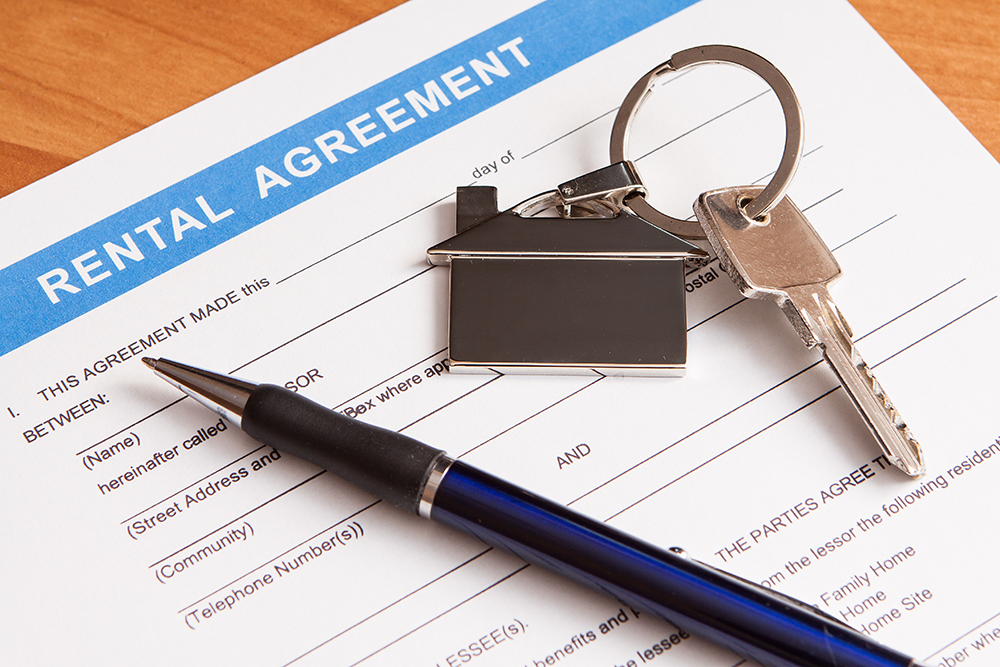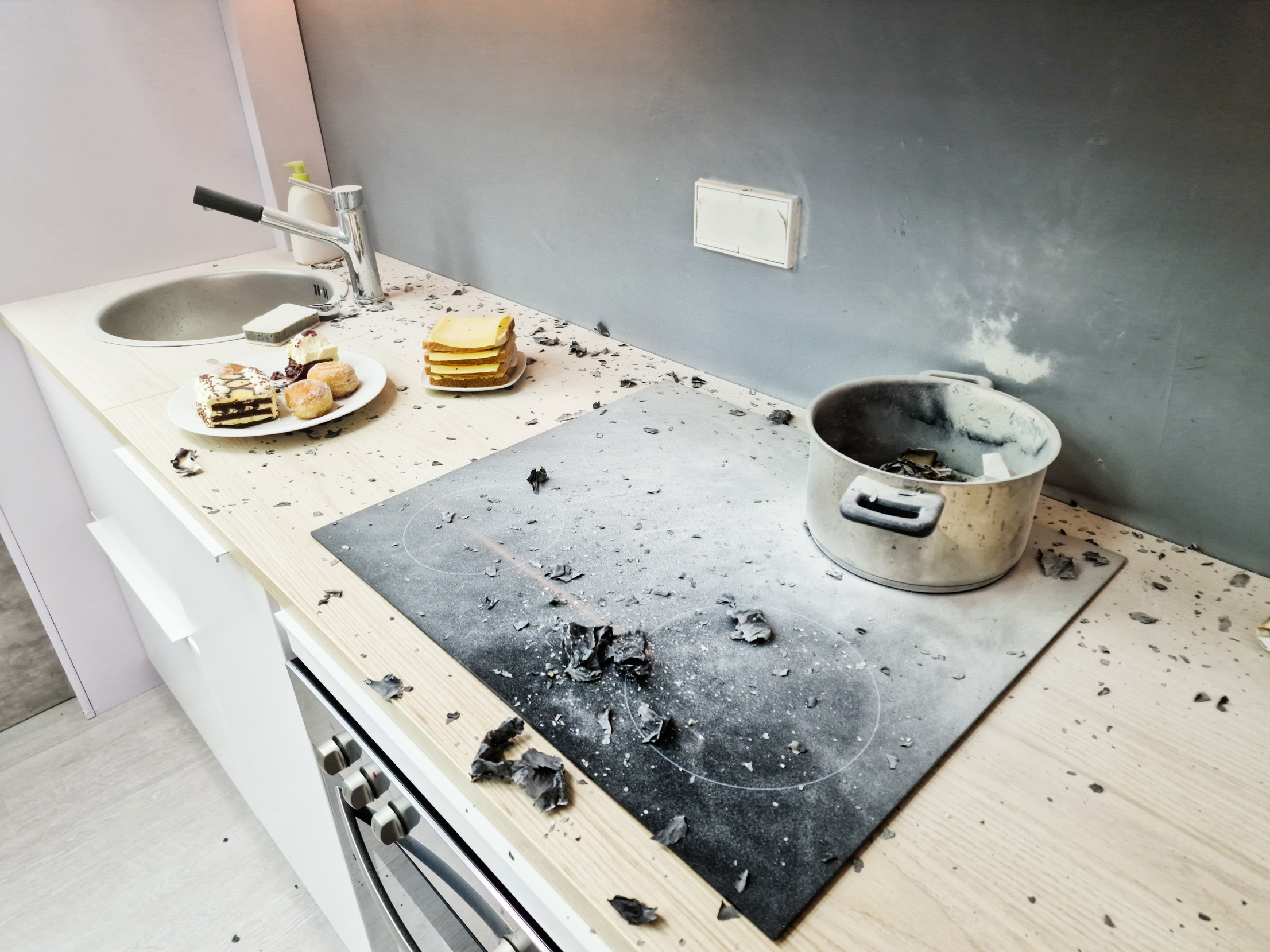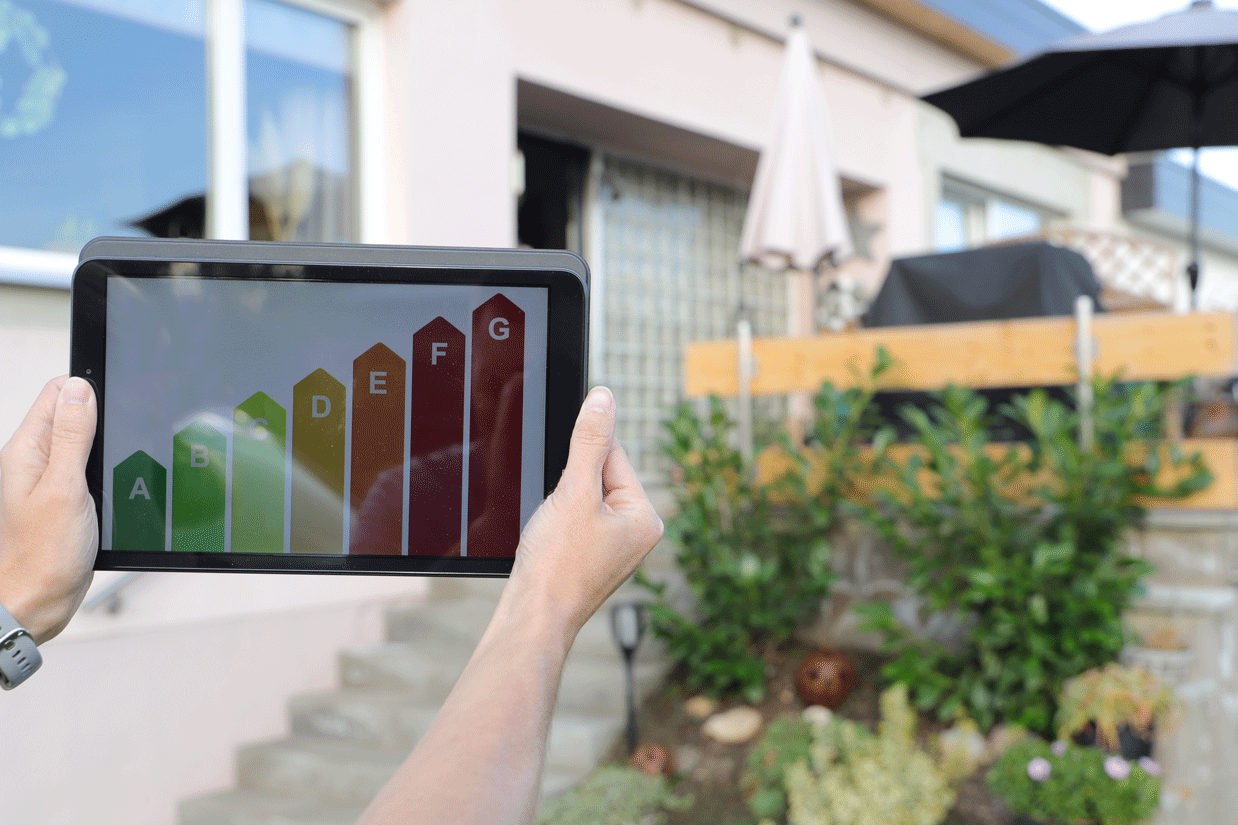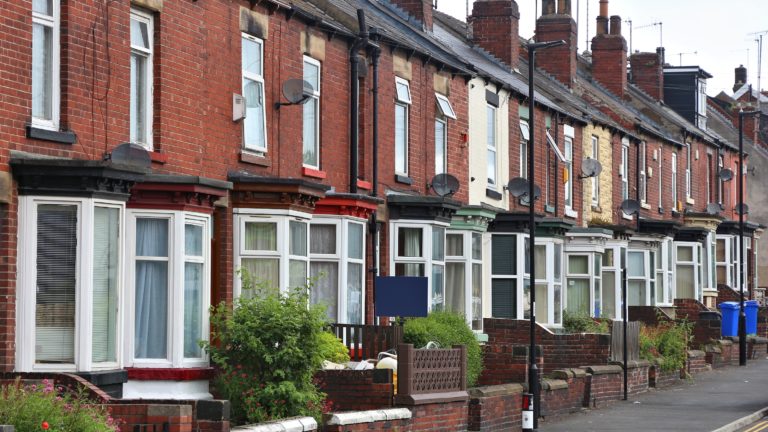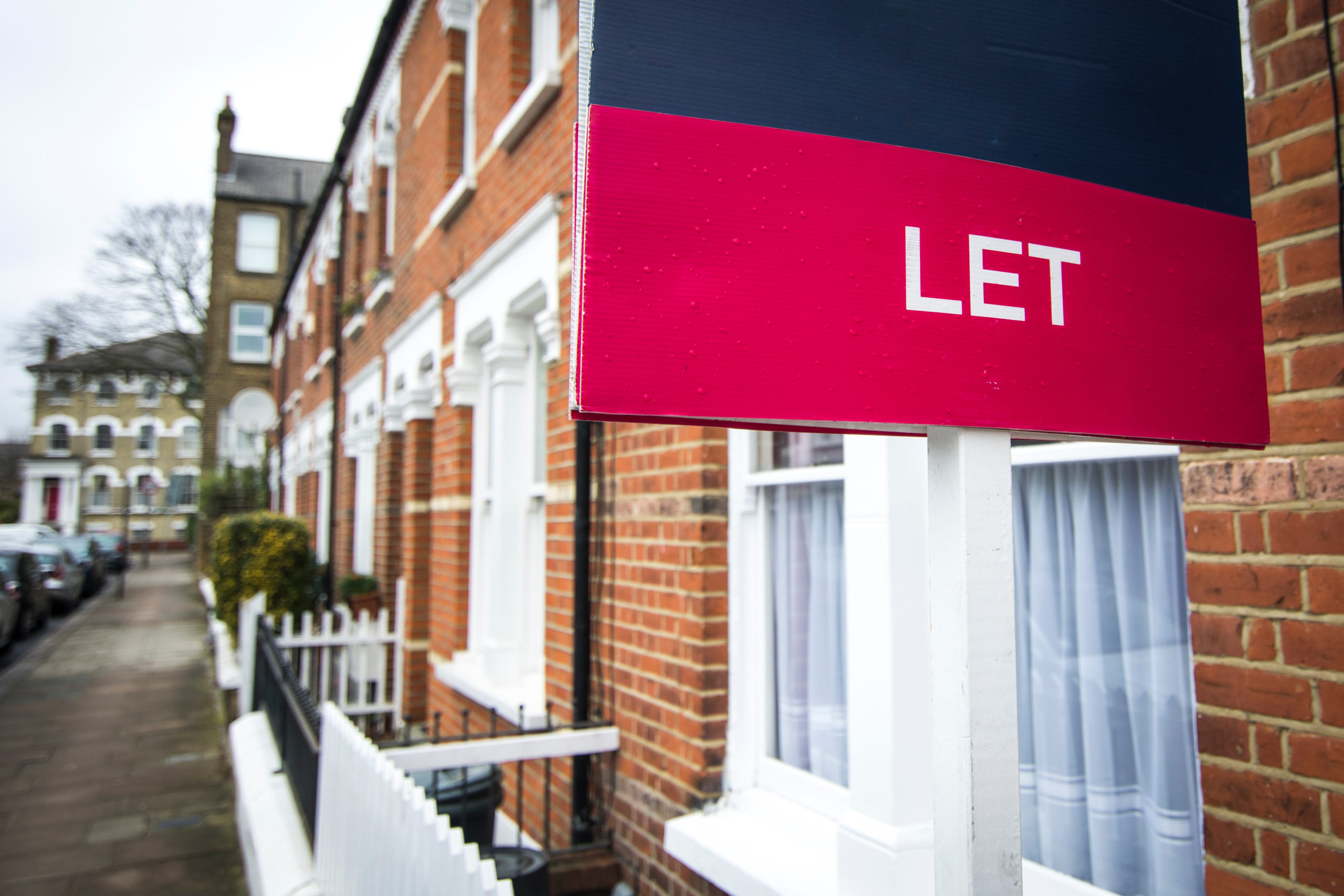Being a landlord can be rewarding, but it also takes a lot of work. You need to deal with lots of paperwork, make sure you are meeting a wide range of legal requirements, and keep on top of maintenance issues. You also need to devote time to finding good tenants and make regular property inspections during a tenancy.
With so many responsibilities, it can be all too easy to forget crucial tasks. So, to help you keep on top of your tenancies, we’ve put together this handy checklist for landlords.
- Getting started
- Safety and related documentation
- Getting your property ready
- Finding the right tenants
- Starting the tenancy
Getting started
Do you want to use a lettings agency?
You may consider using a letting agency rather than managing the property yourself.
If you do, it can make your life a lot simpler. An agency can find tenants, handle paperwork and even fully manage your property. They can also collect rent, organise repairs, handle tenant enquiries and disputes and, if things go wrong, take care of evictions. Another advantage is that an agency may be able to secure a higher rent.
On the downside, an agency will charge you a monthly fee, which will be determined by the level of service it provides. If you don’t mind paying this, make sure you use a reputable firm that is a member of a redress scheme such as The Property Redress Scheme or The Property Ombudsman.
If you have the time and confidence, you may decide to take care of the rental process yourself. This will save you fees, but it will also add to your workload.
Get the right mortgage
If you have taken out a residential mortgage on a property, you’ll need to get consent from your mortgage provider before you can let it out. If you don’t, it will breach the terms of the loan. Normally the lender will require you to switch to a buy-to let mortgage before you let out a property.
If you are buying a property specifically for renting out, you’ll need to take out a buy-to-let mortgage. Check the market thoroughly for the best deals.
If you want to let a leasehold property you’ll also need to check whether you need the freeholder’s consent.
Get landlord insurance
Mortgage providers will insist you take out insurance to protect your investment. Landlord insurance will provide the most comprehensive cover and can be tailored to include cover for:
- Buildings and contents
- Damage to the property
- Legal fees
- Property owners’ liability
- Emergency overnight accommodation for the tenant
Register as a landlord where applicable
If your property is in Scotland, Wales, or Northern Ireland you are legally required to register as a landlord. You can do this via:
- Scottish Landlord Register
- Rent Smart Wales
- Landlord Registration Scheme (Northern Ireland)
You don’t need to register as a landlord in England unless you own a House in Multiple Occupation (HMO). Depending on the size of your HMO, you may need a licence from your local authority. It’s also wise to get specialist HMO insurance.
Get to grips with your finances
Before you rent out a property, make sure you understand the financial implications, including the taxes you pay. These will vary, depending on whether you are a private landlord or hold property via a limited company.
Safety and related documentation
Gas safety
You are responsible for having all gas appliances and flues checked by a Gas Safe engineer every 12 months. You need to provide new tenants with the CP12 certificate when they move in, and to existing tenants within 28 days.
Electrical safety
You must get a qualified electrician to inspect your electrical systems and issue an Electrical Installation Condition Report (EICR). You need to give this to tenants at the outset of their tenancy.
Further inspections are required every five years. While the EICR looks at fixed electrical systems such as wiring, sockets, extractors, and showers, it doesn’t examine portable appliances. If you provide items such as fridges, washing machines, or even toasters, it’s a good idea to get an electrician to do Portable Appliance Testing (PAT) before each new tenancy.
Energy Performance Certificate (EPC)
You need an EPC for any self-contained property with its own bathroom and kitchen facilities.
The EPC gives your tenant information about the energy efficiency of a property, using the ratings A (most efficient) to G (least efficient). Currently, you are only allowed to rent out properties with an EPC rating of at least E. From 2025 new tenancies will require a rating of at least C, with existing tenancies having until 2028 to comply.
Failure to provide a valid EPC from a qualified assessor can lead to a fine.
What are the fire safety requirements?
Fire safety is a complex area. We recommend you read this article on fire safety which looks at the topic in detail. It covers everything from regulations concerning smoke alarms and carbon monoxide detectors, right through to fire safety regulations for HMOs.
Is the property ‘fit for human habitation’?
The law states you need to make sure any rental property is ‘free of hazards which are so serious that the dwelling is not reasonably suitable for occupation in that condition’. For more information see our article on fitness for human habitation.
Getting your property ready
Making the home attractive to tenants
This almost goes without saying, but the more attractive your property the easier it is to find good tenants. A well-presented home can also attract a higher rent. These are some of the things to check before you put a home on the market:
- Clean carpets and floor coverings
- Appliances like ovens have been professionally cleaned
- Fresh paint if needed
- Everything works as it should (taps, window locks, alarms, heating etc)
- Tidy gardens and approaches to the property
- All furniture in good condition and meets fire safety standards
Finding the right tenants
Where to advertise
Most tenants start looking for properties online. However, private landlords are not allowed to advertise their properties directly on the two most popular sites, Rightmove and Zoopla. To do this, you’ll normally hire an agent on at least a ‘find-a-tenant’ basis. They not only have access to the main property websites but may also have prospective tenants who are a good match for your property.
However, if you want to go it alone, there are plenty of other sites you can advertise on directly, ranging from Gumtree through to Facebook Marketplace. Don’t forget traditional media such as local newspapers (and their websites) can still reach potential tenants.
Set the right price
Be sure to set a competitive rent. Look for similar properties in the same area as yours and use their rents as a guide.
Tenant referencing
Once you have found a potential tenant, it’s wise to conduct a professional tenant reference check. This helps you minimise the risk of taking on troublesome tenants. Checks will confirm your tenant’s identity, employment history, previous addresses, and credit history. They can also obtain references from previous landlords or lettings agencies.
It’s also worth noting that professional tenant referencing is frequently a condition of rent guarantee insurance.
Right to rent
Under the Immigration Act 2014, you must check that all prospective tenants over 18 have the right to be in the UK. You are not allowed to rent to people who do not have the right to rent and you face fines if you do.
Our guide shows you how to do a right to rent check. Note that right to rent only applies to rental properties in England.
Starting the tenancy
Draw up a tenancy agreement
You need a tenancy agreement to set out the terms under which you let out your property. It is an important document because, if a tenant breaches the terms of the contract, you can more easily evict them. It will also set out landlord responsibilities and expectations, such as regular property inspections.
The government has created a model agreement for a shorthold assured tenancy, but it is always wise to get legal advice on creating a tenancy agreement that best meets your needs.
How to Rent Guide / Tenant Information Pack / Rent Book
In England, you must give tenants a physical or electronic copy of the How to Rent checklist.
In Scotland, you should give them a copy of the Tenant Information Pack.
Northern Ireland tenants must be given a rent book containing certain information found in the statutory rules.
Protect your tenants’ deposits
You must put your tenant’s deposit tenant into a government-approved deposit protection scheme within 30 days.
There are different schemes in the different UK nations. You can find more details on the schemes and how they work in our guide.
Create a comprehensive property inventory
A comprehensive inventory, backed up with time-stamped photographs, helps you record the condition of the property and provide evidence of any future damage. Tenancy deposit schemes will often require inventory evidence when they arbitrate any deposit dispute. For guidance, see this essential guide to the best property inventory list.
Council tax
Tell the local authority about your new tenants so they can arrange payment of council tax.
Open a rent book
Ask tenants to set up a standing order for rental payments and keep a rent book to track paid and missed rent.
Landlord inspections
Regular property inspections help you to make sure the property is being looked after. It’s a good idea to agree the frequency of these in the tenancy agreement. However, remember that you must always give at least 24-hours’ notice of an inspection in writing. Also, inspections more regular than every quarter could be judged to be harassment. You can learn about the rules relating to inspections here.
Maintenance and repair
As a landlord, you need keep the property in a good state of repair, and maintain items like boilers, water systems, and drainage. Keep a record of all repairs, update your inventory, and file receipts so you can claim the costs as expenses for tax purposes.
This article is intended as a guide only. Please note that legislation does change, it is always best to check the most up to date guidance on gov.uk. Most landlord insurance policies arranged by Alan Boswell Group also have access to a legal advice helpline where policyholders can seek further advice.





